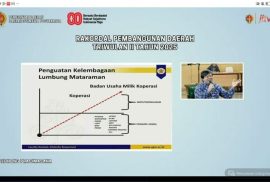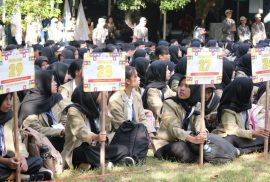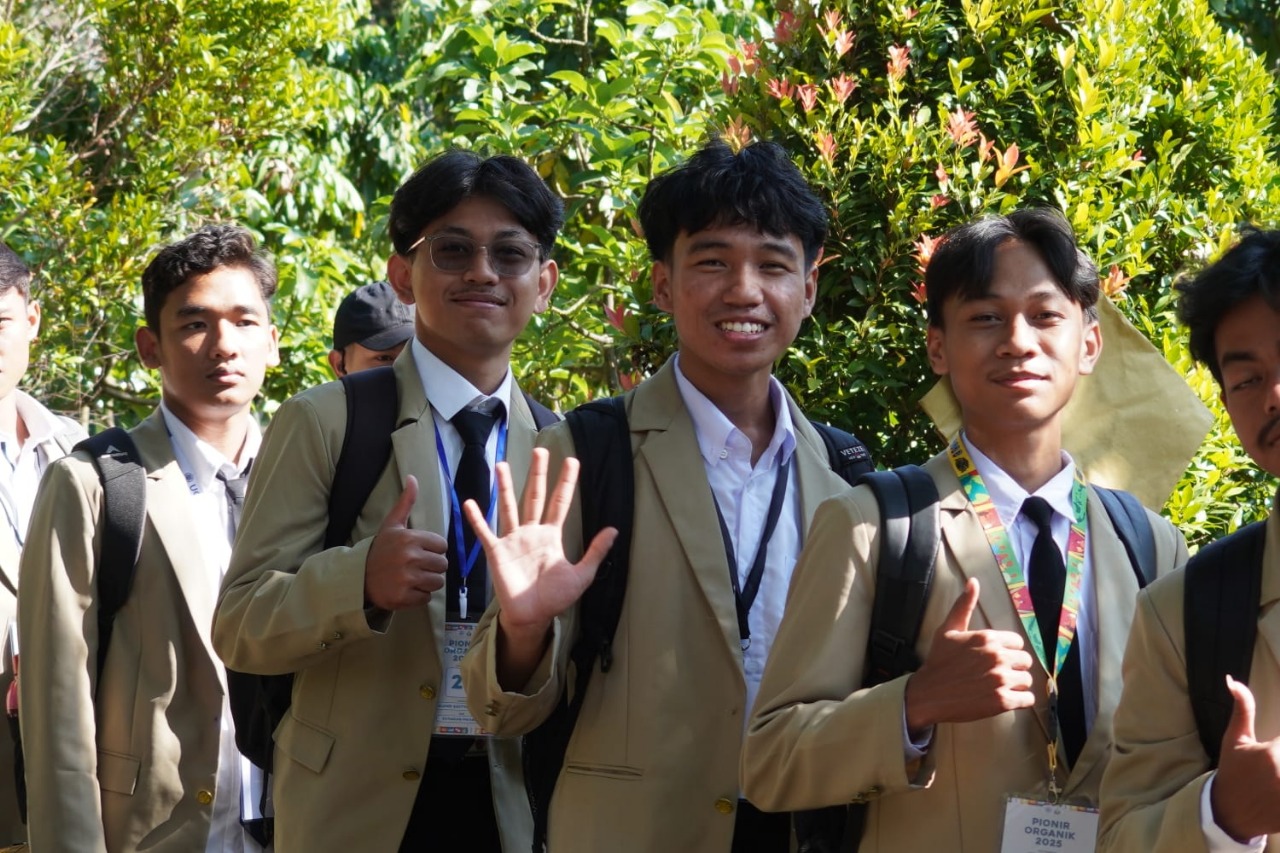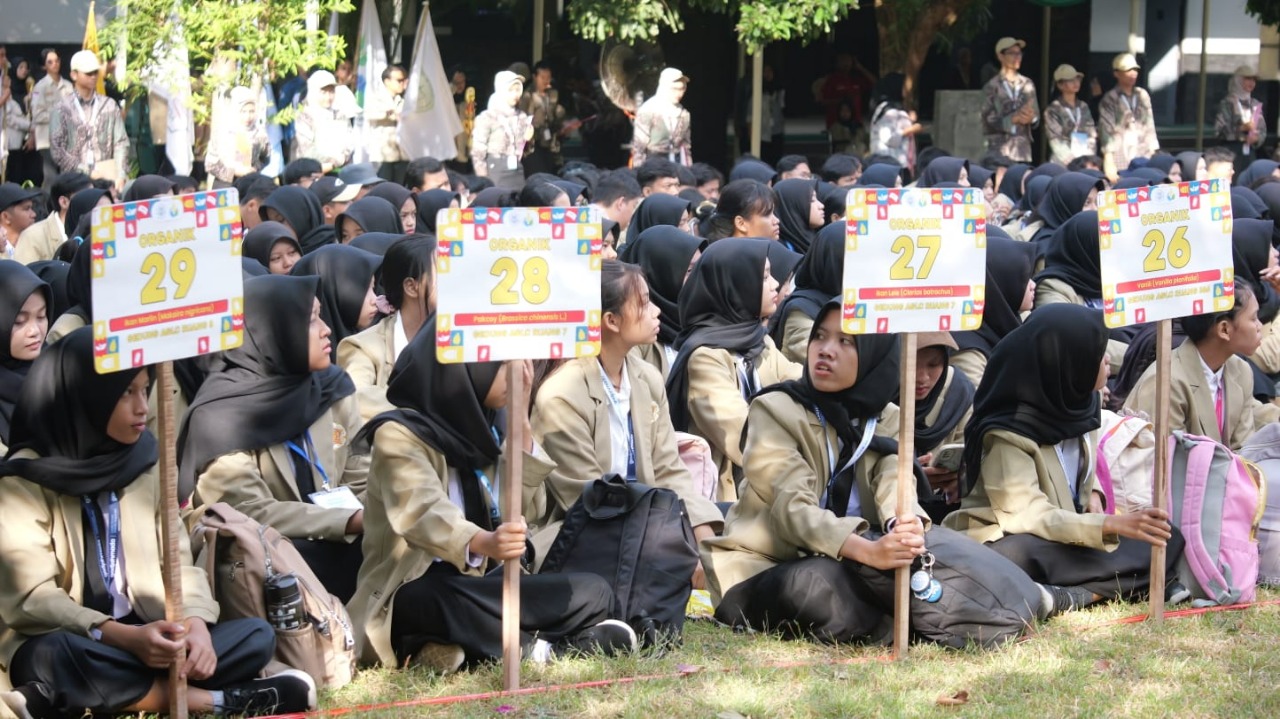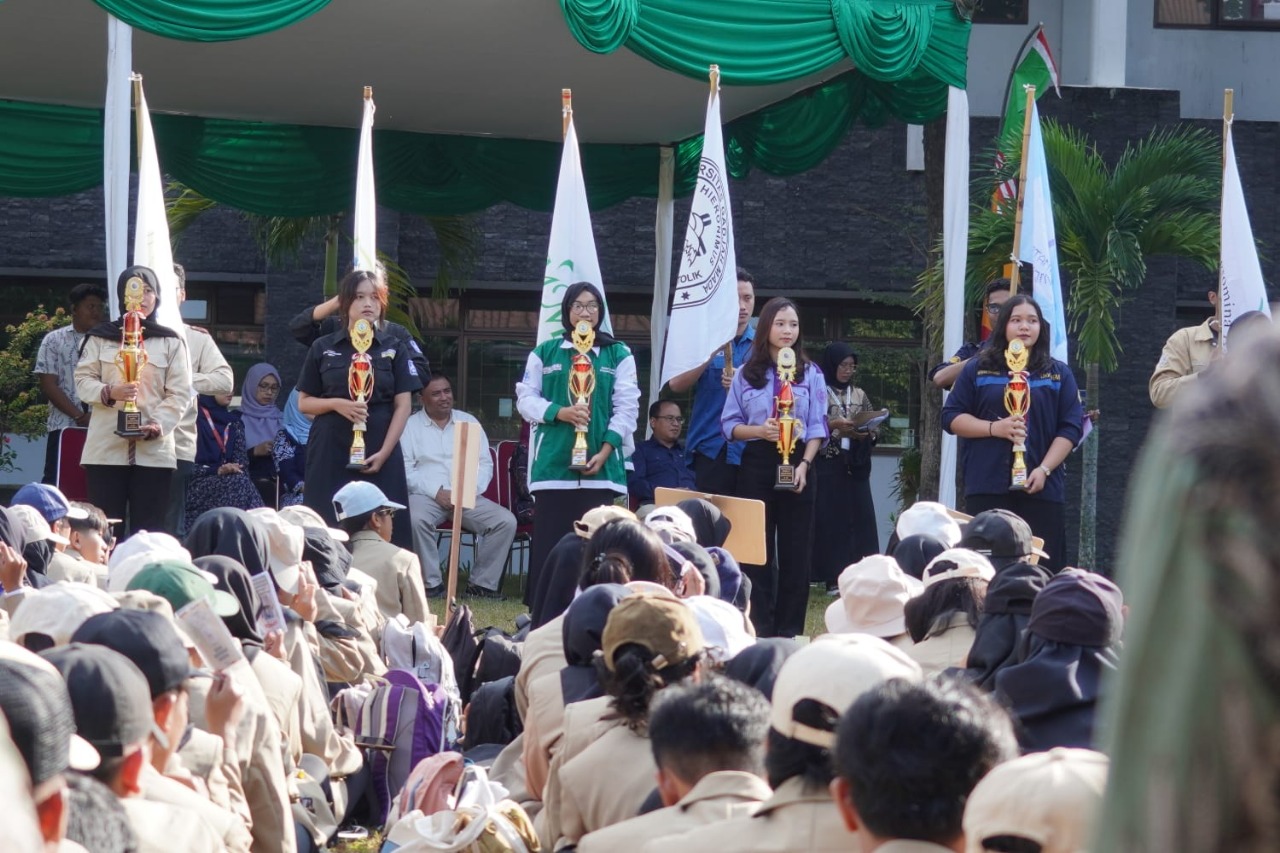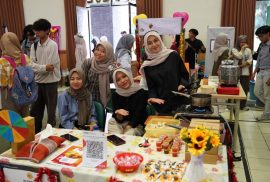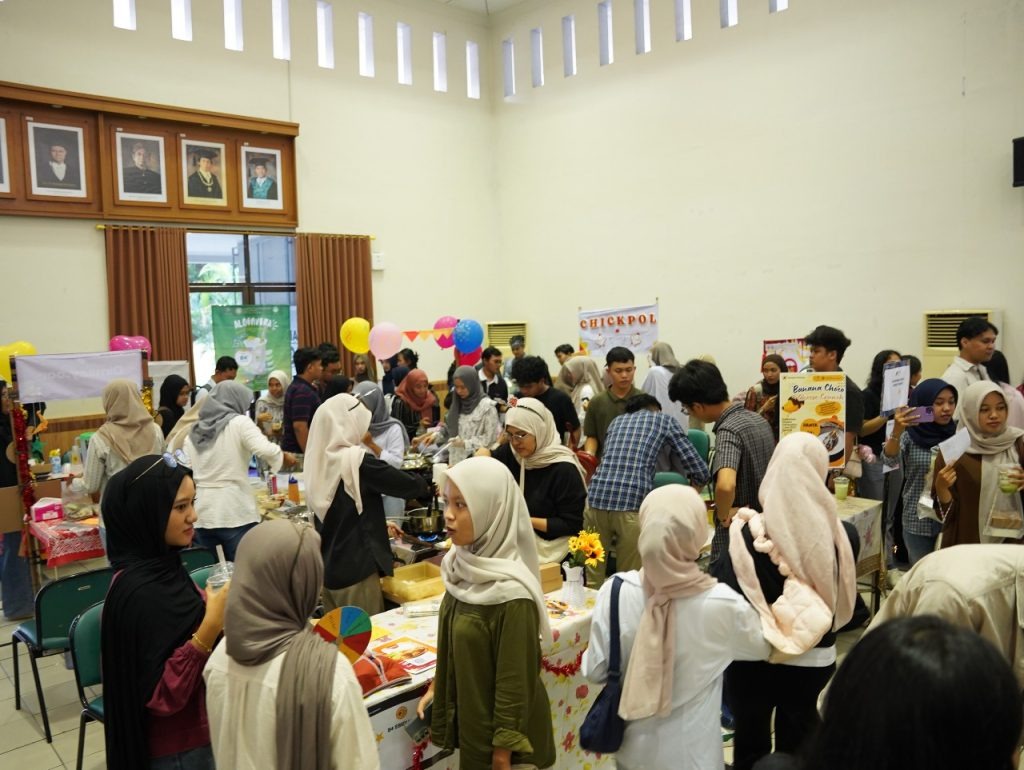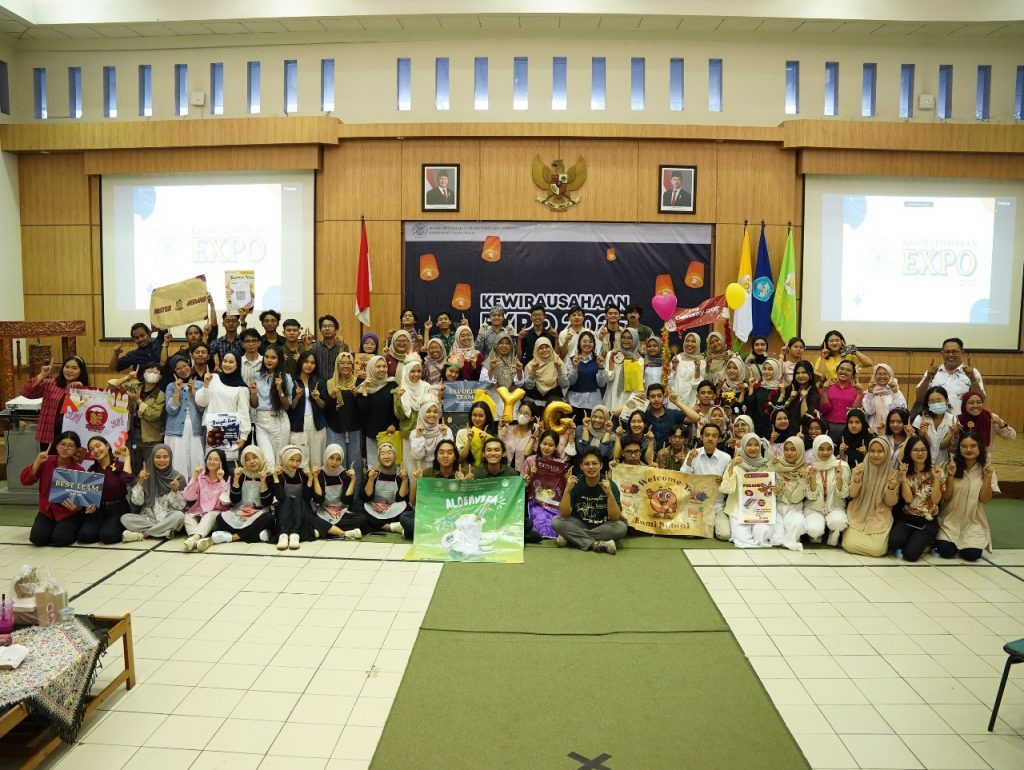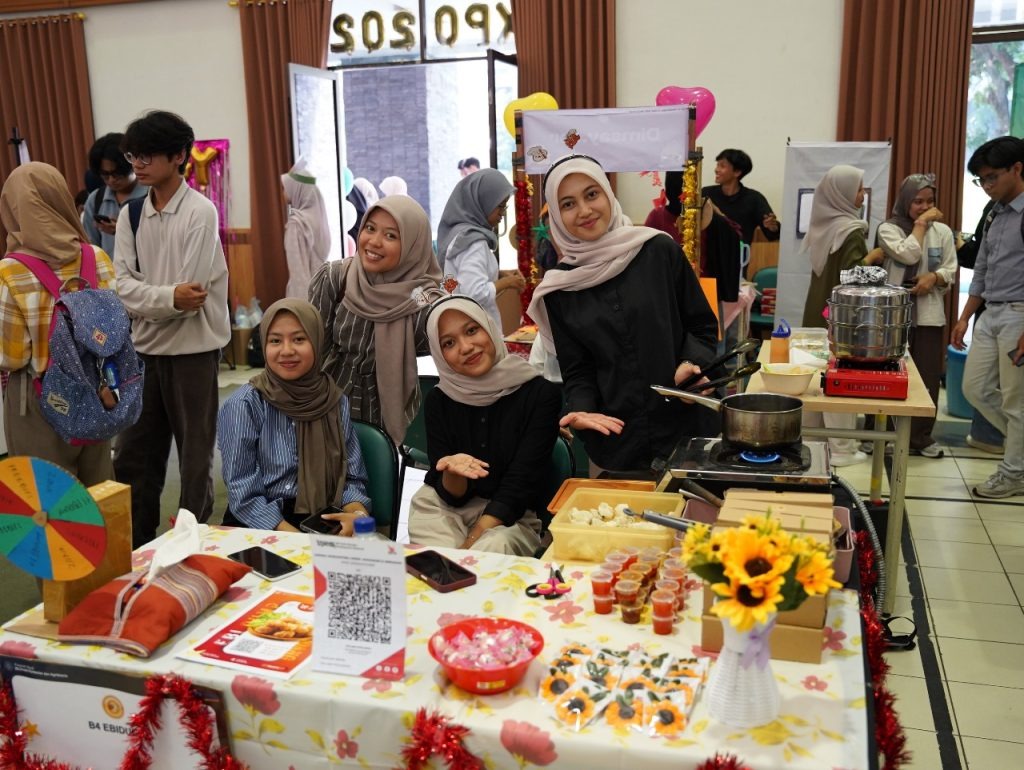
Professor of the Faculty of Agriculture, Universitas Gadjah Mada (Faperta UGM), Prof. Dr. Jamhari, S.P., M.P., emphasized the importance of strengthening Lumbung Mataraman as a key strategy to achieve sustainable food security in the Special Region of Yogyakarta (DIY). He delivered this message while serving as the keynote speaker at the Regional Development Control Coordination Meeting for the second quarter of 2025, which carried the theme “Strengthening Food Security in DIY through the Transformation and Optimization of Lumbung Mataraman,” on Tuesday, 29 July 2025, at Gedhong Pracimasana, Kepatihan Complex, Yogyakarta.

The event was also attended by several notable figures, including Dr. Ir. H. Andi Amran Sulaiman from the Ministry of Agriculture of the Republic of Indonesia, the Governor of DIY Sri Sultan Hamengku Buwono X, regents and mayors from across DIY, as well as other stakeholders from both local and national institutions.
In his presentation, Prof. Jamhari highlighted that DIY’s food security has shown a positive trajectory. Based on recent data, the province ranked sixth nationally in the Food Security and Food Vulnerability Atlas, with consistent improvements over the past five years. The index is calculated across three main aspects: food availability, accessibility, and utilization.

“DIY’s food availability index has increased by 0.31 annually, food accessibility by 1.38 points per year, and food utilization by 0.816 points. However, the availability index remains relatively low due to limited land resources. This is where innovation and the optimization of home gardens become crucial. The late Prof. Harjono Danoesastro, the first Dean of Faperta UGM, long ago demonstrated that food security can be built from one’s own backyard,” he explained.
Prof. Jamhari also mapped out a number of challenges to food security in DIY, such as land conversion, climate change, long supply chains, as well as limited technology and access to capital for small farmers. To address these issues, he proposed strategic solutions including land protection through the Sustainable Food Agricultural Land (LP2B) policy and spatial planning, the use of climate-resilient varieties and early warning systems, strengthening digital marketing and agro-industries, as well as improving access to finance through KUR and banking partnerships.
He pointed out that protecting agricultural land is crucial. “The elasticity of land productivity is real. A 1% decrease in farmland can reduce production by up to 0.88%. Therefore, we must push productivity through the increase of planting index (IP 400), farming efficiency, and strengthening farmer institutions,” he stated.
From a technological perspective, Prof. Jamhari underscored the importance of leveraging local innovations such as the use of Bacillus microbes to improve soil fertility, the development of superior varieties like Gamagora, and the digitalization of extension services through platforms such as Lentera Desa and Desa Apps. All these innovations were developed by the Faculty of Agriculture UGM to address the specific challenges of tropical agriculture and strengthen the capacity of smallholder farmers.
Prof. Jamhari also emphasized the need for fair price incentives for farmers. Currently, the increase in the price of Gabah Kering Panen (GKP) at the farmer level is only 1.6 rupiah, while premium rice at the milling stage reaches 3.28 rupiah and medium rice at retail stands at 2.9 rupiah. This imbalance highlights the urgency of improving supply chains to ensure farmers receive fair profits.
Furthermore, he warned that DIY could face a decline in the farming population by 2057 if regeneration efforts are not carried out. Therefore, urban farming movements must be promoted, and Lumbung Mataraman should be optimized as the foundation of urban food security through household-based farming. He also stressed the need to revitalize the Lumbung Mataraman concept, which has existed since the 17th century.
“The philosophy of ‘nandur opo sing dipangan, mangan opo sing ditandur’ (plant what you eat, eat what you plant) essentially reflects an integrated farming system that has been applied in Yogyakarta since the 1600s,” he said.
Prof. Jamhari suggested that Lumbung Mataraman institutions be elevated from social structures (farmer groups, associations, women’s groups, and community empowerment programs) into cooperatives or farmer corporations through Legal Agricultural Enterprises (UPB). This transformation would allow Lumbung Mataraman to increase competitiveness and contribute to local economic development, including the production of premium rice under local branding.
“We need to elevate Lumbung Mataraman from just a social institution to a cooperative or farmer corporation so it can compete and make real contributions to the local economy,” he stated. “We propose strengthening Lumbung Mataraman institutions. Referring to the Ministry of Agriculture’s regulation, one farmer corporation ideally covers 5,000 hectares or the equivalent of five districts (kapanewon). This means there must be awareness to consolidate five existing cooperatives into a stronger entity. In this way, Lumbung Mataraman will not only focus on food provision but also encourage economic development, improve competitiveness, and produce farmer-owned branded products,” he added.
Commitment to Lumbung Mataraman does not only come from academics and farming communities but is also strongly supported by both local and central governments. The Governor of DIY, Sri Sultan Hamengku Buwono X, emphasized the importance of transforming food security management through local solutions. According to the Head of Bappeda DIY, Nimade Dwianti Indrayanti, S.T., M.T., the local government is prepared to support food strengthening efforts through supply and price stabilization, logistics reinforcement, and cross-sector collaboration.
The Minister of Agriculture of the Republic of Indonesia, Dr. Ir. H. Andi Amran Sulaiman, M.P., reaffirmed that agriculture remains the backbone of DIY’s economy today. He called for the importance of downstream processing and policy consistency to achieve the broader vision of national food sovereignty. “Agricultural progress cannot be achieved alone. It requires togetherness and sustainability so that we can achieve economic independence,” he asserted.
The involvement of Faperta UGM in strengthening Lumbung Mataraman reflects its tangible contribution to achieving the Sustainable Development Goals (SDGs), particularly SDG 1: No Poverty, SDG 2: Zero Hunger, SDG 4: Quality Education, SDG 12: Responsible Consumption and Production, SDG 13: Climate Action, and SDG 17: Partnerships for the Goals—through a community-based approach integrated with local wisdom.
Authors: Agrit Kirana Bunda, Anin Dita Rahmadiyanti
Editor: Desi Utami

